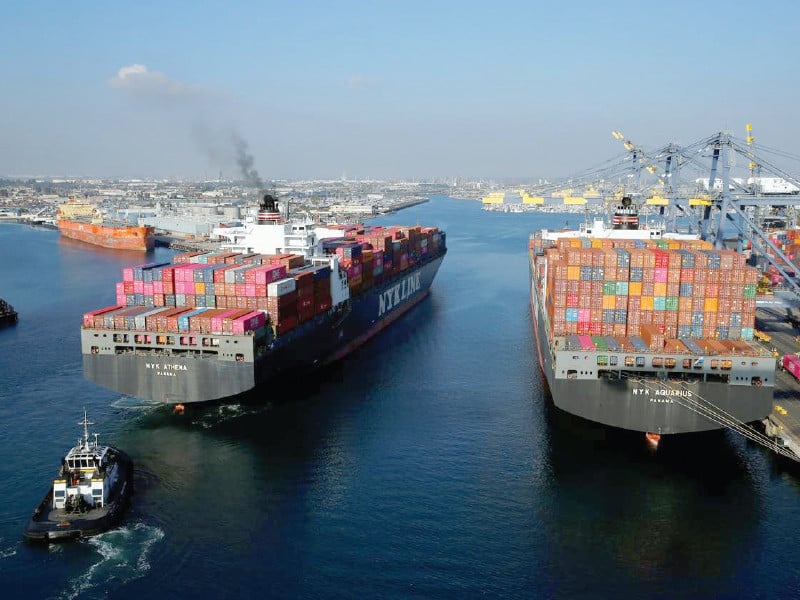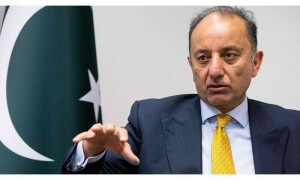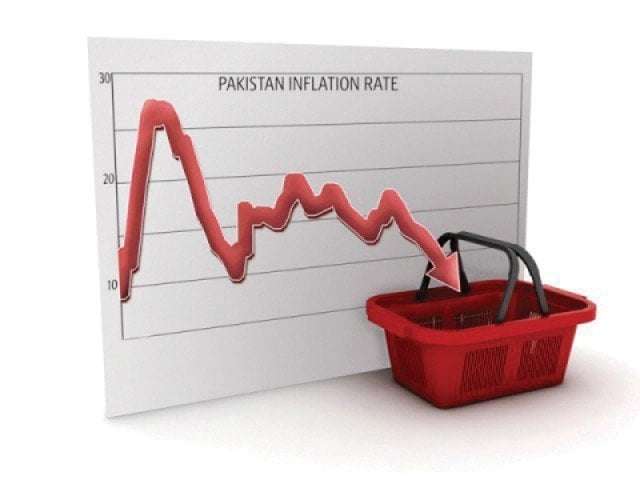ISLAMABAD: As the uncertain policy for the Gwadar Free Zone continues to hinder the investment environment, the Cabinet Committee on Chinese Investment Projects (CCOCIP) is seeking exemptions from the import and export policy order to facilitate investors in exporting their products to overseas markets.
Sources informed The Express Tribune that an investor established a potassium sulphate fertiliser plant in the Gwadar Free Zone but was unable to export its products due to an existing ban. The cabinet body addressed this issue in a recent meeting, highlighting the investor’s predicament caused by the Export Policy Order 2022, which restricts fertiliser exports.
To boost the attractiveness of the free zone as an export-oriented industrial area, the cabinet committee proposed exemptions from specific provisions of the Import/Export Policy Order. It was noted that the rules for the free zone should align with those of regional counterparts in the United Arab Emirates (UAE), Iran, and Oman.
During the discussions, the committee inquired about the definition of a free zone and how it differs from an Export Promotion Zone and an Export Processing Zone. However, no clear definition or associated concessions were provided.
The Ministry of Maritime Affairs was tasked with developing a clear definition and outlining the associated concessions for the free zone in the next cabinet committee meeting, after consulting with the Commerce Division, Federal Board of Revenue (FBR), and other relevant agencies.
In September 2023, the Ministry of Commerce introduced a policy requiring special permission, including a bank guarantee, for importing bulk cargo such as di-ammonium phosphate (DAP) fertiliser for Afghan transit trade at Gwadar Port. This policy negatively impacted transit trade at the port. Consequently, China Overseas Port Holdings Company (COPHC) requested the Ministry of Commerce to replace the bank guarantee requirement with an insurance guarantee to facilitate smooth trade operations.
The cabinet body noted that the issue was linked to the definition of the Gwadar Free Zone and its associated concessions, which must be clarified before making any decisions.
The forum directed the Commerce Division to submit a summary to the CCOCIP, after consulting with the Finance Division, State Bank of Pakistan (SBP), Ministry of Maritime Affairs, and FBR.
The committee was also briefed on the Rashakai Special Economic Zone (SEZ), a priority zone under the China-Pakistan Economic Corridor (CPEC). Rashakai SEZ applied for electricity distribution and supply licenses from the National Electric Power Regulatory Authority (Nepra) in November 2022. However, the decision has been pending as Nepra awaits confirmation from the Power Division on the power supply source, either from the Central Power Purchasing Agency-Guarantee (CPPA-G) or Peshawar Electric Supply Company (Pesco).
During a meeting chaired by the minister for planning, development, and special initiatives on August 21, 2024, it was decided that the Power Division would finalize the policy decision within five days to provide a permanent solution for electricity provision. Additionally, the Power Division was tasked with meeting the developer of Rashakai SEZ – China Road and Bridge Corporation (CRBC) – and Pesco to immediately energize the internal network of the Rashakai zone as an interim measure.
The forum was informed that, during a CPEC progress review meeting held on September 11, 2024, the planning minister expressed serious displeasure over the delay in implementing the previous decision. The Power Division was directed to finalize the policy decision within three days and instruct Pesco to immediately energize the internal network of Rashakai SEZ to supply electricity to the industrial units.


